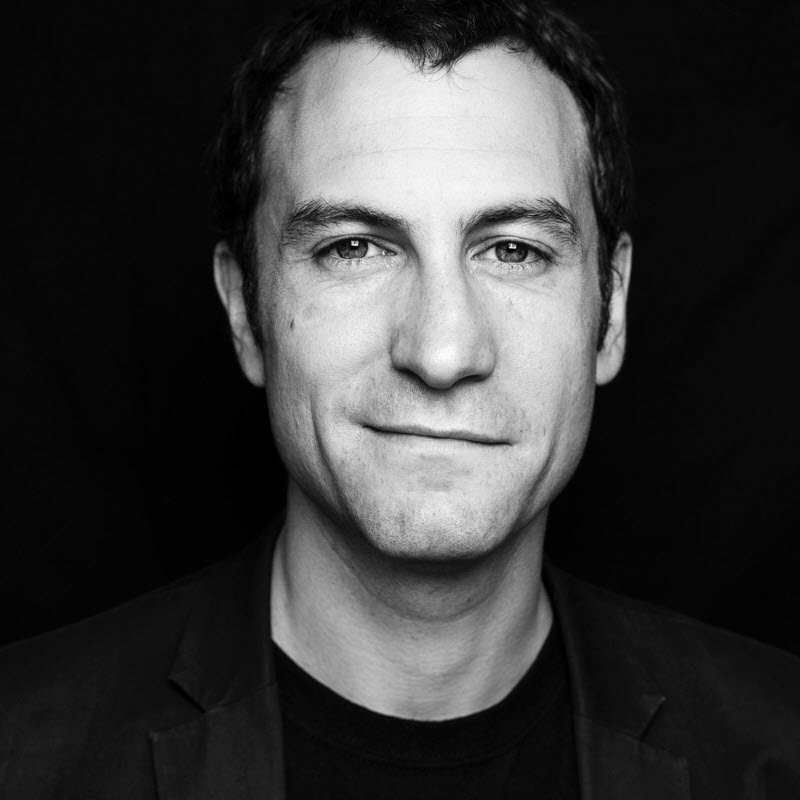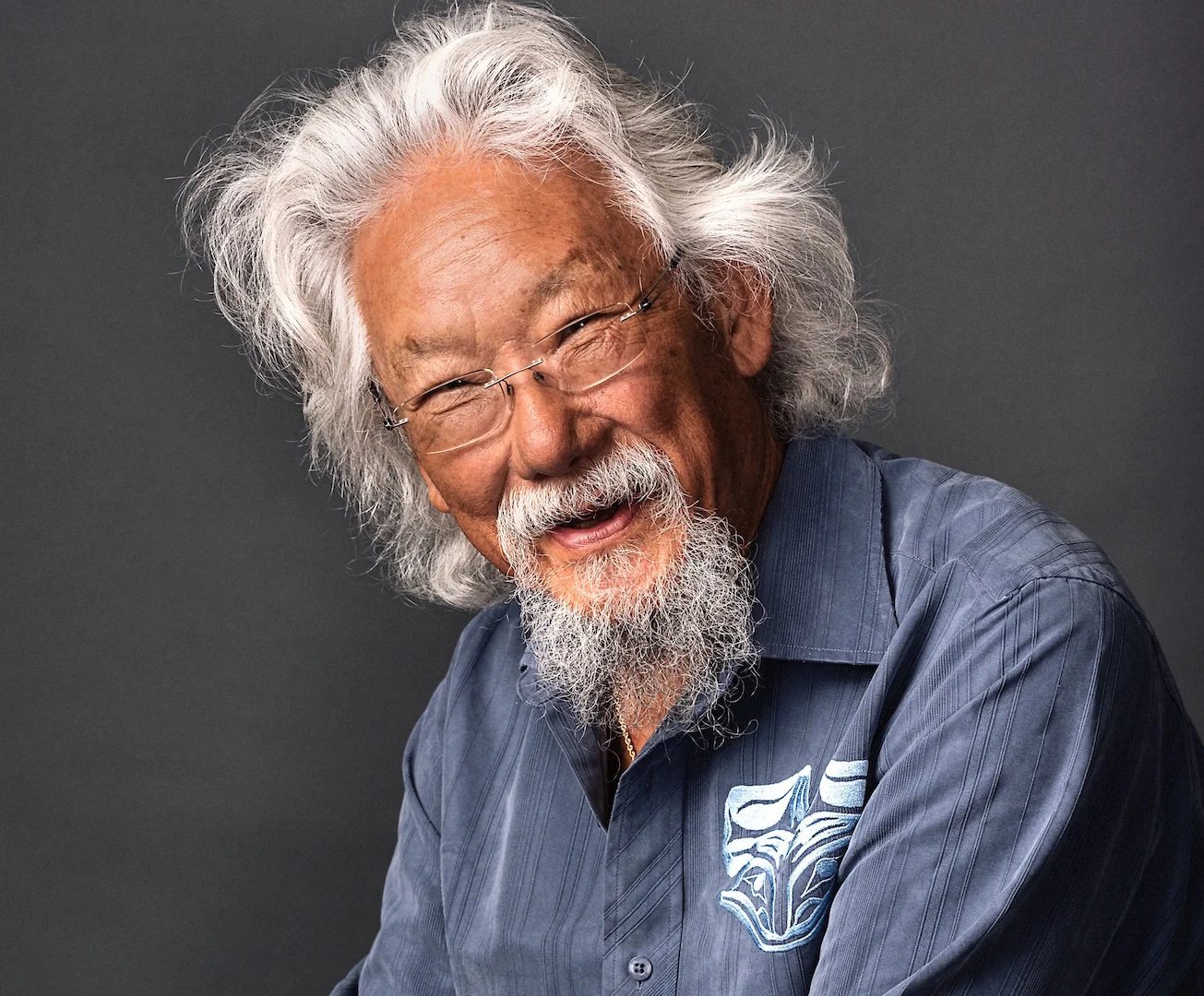Intersectionality, guided both by analysis and practice, can fundamentally transform how we understand the causes and impacts of inequalities and therefore how to meaningfully challenge them.
Rana Zincir Celal
Read full article by Rana Zincir Celal and edited by Robert Bosch Stiftung






